Keywords: Dialogue
There are more than 200 results, only the first 200 are displayed here.
-
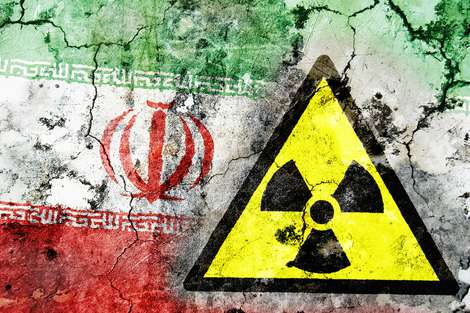
INTERNATIONAL
- Shahram Akbarzadeh
- 24 July 2015
2 Comments
Iran’s nuclear deal with the UN represents a major breakthrough that could lead to more peace and stability in the region, despite what the critics say. Its policy towards Islamic State is actually much closer to that of the US and the UK than any other country in the region. Convergence of interest against this common enemy could open other doors of dialogue with the West and start a relationship that is no longer hostage to the nuclear issue.
READ MORE 
-

- Frank Brennan
- 08 July 2015
3 Comments
I suspect Pope Francis had some of our Jesuit alumni in mind when he wrote in his encyclical Laudato Si: 'A politics concerned with immediate results, supported by consumerist sectors of the population, is driven to produce short-term growth... True statecraft is manifest when, in difficult times, we uphold high principles and think of the long-term common good. Political powers do not find it easy to assume this duty'.
READ MORE
-
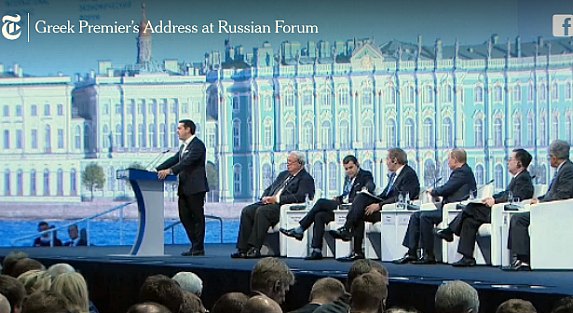
ARTS AND CULTURE
- Gillian Bouras
- 23 June 2015
6 Comments
My youngest son, who lives in central Athens, is on the phone. ‘What do you think I should do with my money?’ he asks. The New York Times likens Europe and Greece to two prize-fighters, but I suspect that this is a male take on the matter. The women on the scene, Chancellor Angela Merkel and IMF chief Christine Lagarde, are more or less playing the part of the firm mother to naughty, quarrelling boys.
READ MORE 
-

- William Morris
- 15 June 2015
7 Comments
'Frank points out that the Church cannot credibly proclaim a message of social justice in a pluralist democracy when its own processes fall short of ordinary community standards of justice. It needs to turn its teaching about human rights and human dignity back on itself, the Church, insisting on due process within the life of the Church community.' Bishop William Morris helps launch Frank Brennan's new book Amplifying That Still, Small Voice.
READ MORE
-

- Shannon and Kateena
- 12 June 2015
1 Comment
'In chapter 12 "Respecting Autonomy and Protecting the Vulnerability of the Dying", Frank quoted my grandmother ... "Well there is not much to say about euthanasia is there? Just don't kill people and look after them while they are dying. What more can you say?" Well Grandma, I am not certain that I share your view. Just as Pope Francis did not know all the answers at age 36 years, neither do I.' Frank Brennan's nieces Shannon and Kateena help launch his new book Amplifying That Still, Small Voice.
READ MORE
-
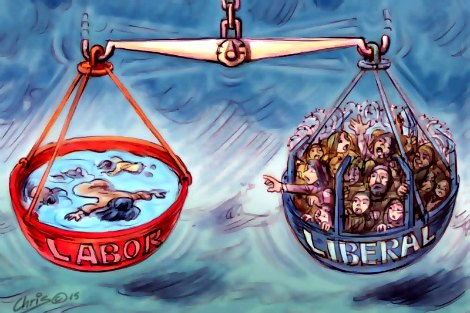
AUSTRALIA
The week’s dreadful Rohingya asylum seeker tragedy prompted an eventual softened response from our neighbours, but not Australia. The current government’s record of stopping boat arrivals and deaths at sea stands in stark contrast to that of Labor during its period of office, when at least 1100 asylum seekers died at sea.
READ MORE 
-
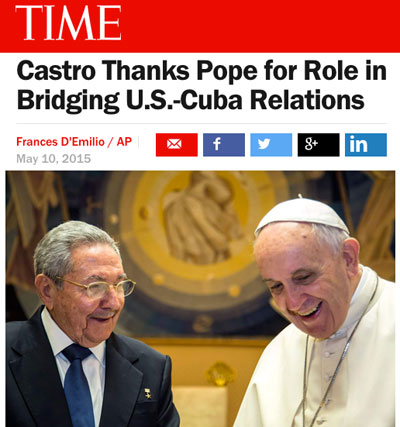
INTERNATIONAL
- Antonio Castillo
- 13 May 2015
2 Comments
They spoke in Spanish and there was genuine Latin American warmness between them during Sunday's historic 55 minute meeting at the Vatican. They will meet again when Francis visits Cuba in September. Castro promised Francis that he would be attending every one of his masses, reminding him that he is a Jesuit alumnus: 'I'm as Jesuit as the Pope'.
READ MORE 
-
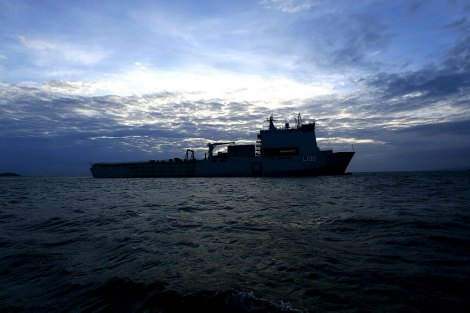
AUSTRALIA
As next week's 40th anniversary of the Fall of Saigon approaches, the Australian Government has found its own egregious way to commemorate the anniversary. On Friday, the West Australian reported that HMAS Choules was standing off the Vietnamese coast, in an operation to hand back to Vietnam a group of almost 50 asylum seekers. So soon after Malcolm Fraser's passing.
READ MORE 
-

AUSTRALIA
- Myrna Tonkinson
- 13 March 2015
13 Comments
The PM's cavalier use of the term 'lifestyle choice' is totally inappropriate when referring to the people who will be affected by the proposed closures of remote Aboriginal communities. Undeniably it is expensive to sustain remote living, and effective schooling and health services are unfeasible. But we must avoid arbitrary decision-making, and implicit disparagement of people in remote communities.
READ MORE 
-
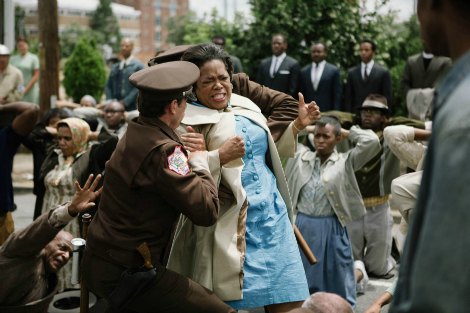
MEDIA
- Fatima Measham
- 20 February 2015
13 Comments
It is hard to escape the impression that even in 2015 the only black characters that the American film industry can reward are maids, slaves or dysfunctional urban archetypes, in stories where there is an identifiable white saviour. Any triumphs are of the spirit, of personal fortitude, nothing that compels social responsibility, invokes political will or even a sense of historical reckoning.
READ MORE 
-
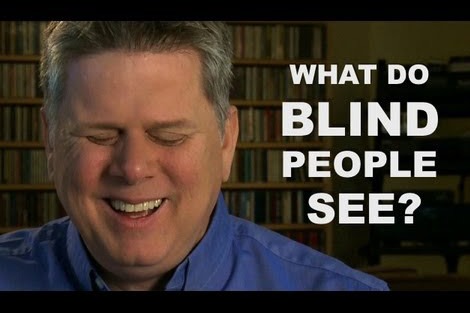
ARTS AND CULTURE
- Tim Kroenert
- 04 December 2014
1 Comment
Try watching slasher parody Scream 4 with your eyes closed and see how much sense it makes. On the other hand, Martin Scorsese's Goodfellas and Kevin Smith's Clerks, with stories driven by strong characters and dialogue, offer up cinematic pleasures even a blind person can appreciate. Welcome to the world of America's Blind Film Critic, Tommy Edison.
READ MORE 
-

AUSTRALIA
- Benedict Coleridge
- 24 October 2014
7 Comments
The repeal of the burka ban in parliament followed woeful comments from ignorant senators and an obvious lack of real government consultation with Australia’s Muslim communities, spotlighted an embarrassing level of illiteracy with regard to Islam. We need to move beyond a token religious ‘tolerance’ that is paired with incomprehension of the religious other, towards promoting a more engaged understanding that entails some comprehension of how religious and other cultural traditions fit together.
READ MORE 